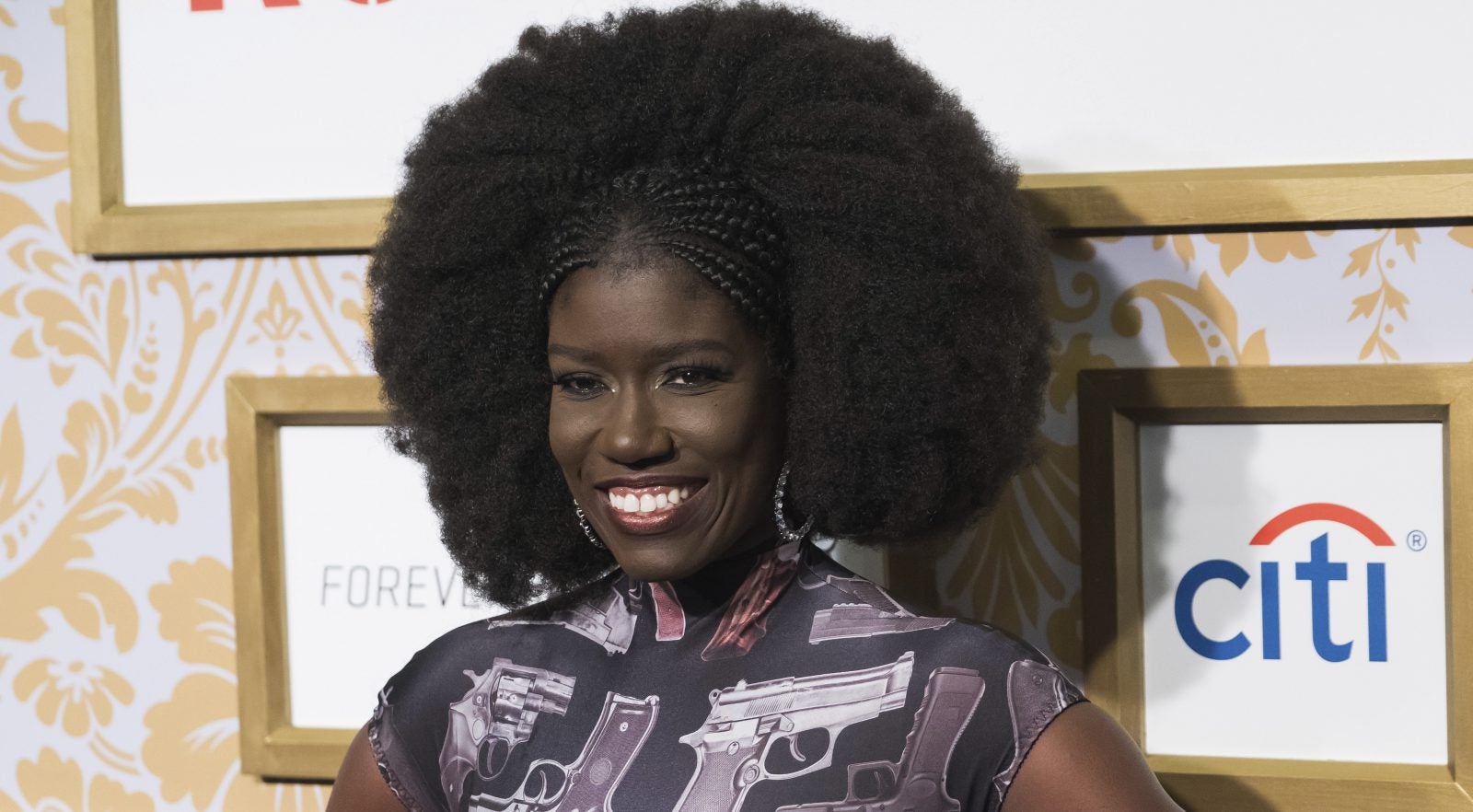An Uber exec just summed up tech’s diversity problem—and solution—in 37 words
If you care at all about the glaring diversity issues in tech or anywhere else, it’s time to sit down and listen to Bozoma Saint John.


If you care at all about the glaring diversity issues in tech or anywhere else, it’s time to sit down and listen to Bozoma Saint John.
Saint John, a former Apple executive, was appointed as Uber’s first-ever chief brand officer in June 2017, just around the time Travis Kalanick was being steered out as CEO. Having been rocked by Susan Fowler’s detailed account of a sexist, ruthlessly imbalanced bro culture, Uber was in need of a serious brand makeover.
Uber’s board saw hope in Saint John, whose glowing reputation in the marketing and advertising industry stemmed from her social-media savvy but also her work leading Apple Music’s global consumer marketing division and PepsiCo’s music and entertainment marketing division (professional details that were carelessly overlooked in some of the coverage about her move to Uber).
Despite her excitement to turn around Uber, Saint John is no fool. The ride-sharing company is in for a long slog. Its March 2017 diversity report revealed that it had (and still has) no technical leaders who are black or Hispanic, and just 3.7% black and 1.2% Hispanic representation among non-technical leadership. But Uber isn’t much of an outlier in that regard.
“The number of African Americans in Silicon Valley is dismal,” Saint John said on Sunday at South by Southwest (SXSW), per CNN’s report on her talk at the Austin, Texas, festival. “It’s not up to one company—it’s up to the entire industry to make sure that we are moving the conversation forward. Sometimes those walls of competition need to come down so we can move the entire industry forward.”
Just as advancing the diversity conversation isn’t up to one company, it’s also not up to one person or group within a company to solve a diversity shortfall.
“Why do I—as the black woman—have to fix that?” Saint John said. “There’s 50 of you, there’s one of me. Ya’ll fix it… Everybody else needs to make the noise—I want white men to make the noise.”
With those 37 words, Bozoman clarified something that anyone working in an industry plagued by bias (read: all of them) ought to internalize: Fixing sexism and racism at work (or anywhere else) is not exclusively the responsibility of women or people of color.
But getting everyone else on board requires that they wholeheartedly believe in the potential of women or people of color, that they accept the possibility of them doing just as well, if not better, than any white man in any given role. As software engineer and diversity advocate Tracy Chou tells Quartz, the most common and damaging maxim she hears within Silicon Valley is the false notion that “diversity means lowering the bar.” That’s a belief that is sure to keep diversity efforts cordoned off as a special-interest issue, when there’s enough evidence of the social and economic benefits of diversity to argue for its inclusion as a central priority shared by all.
As Saint John concluded at SXSW, “I want white men to look around in their office and say, ‘Oh look, there’s a lot of white men here. Let’s change this.'” Making meaningful progress on diversity is as simple—and as gut-wrenchingly difficult—as that.
This story is part of How We’ll Win, a project exploring the fight for gender equality at work. Read more stories here.